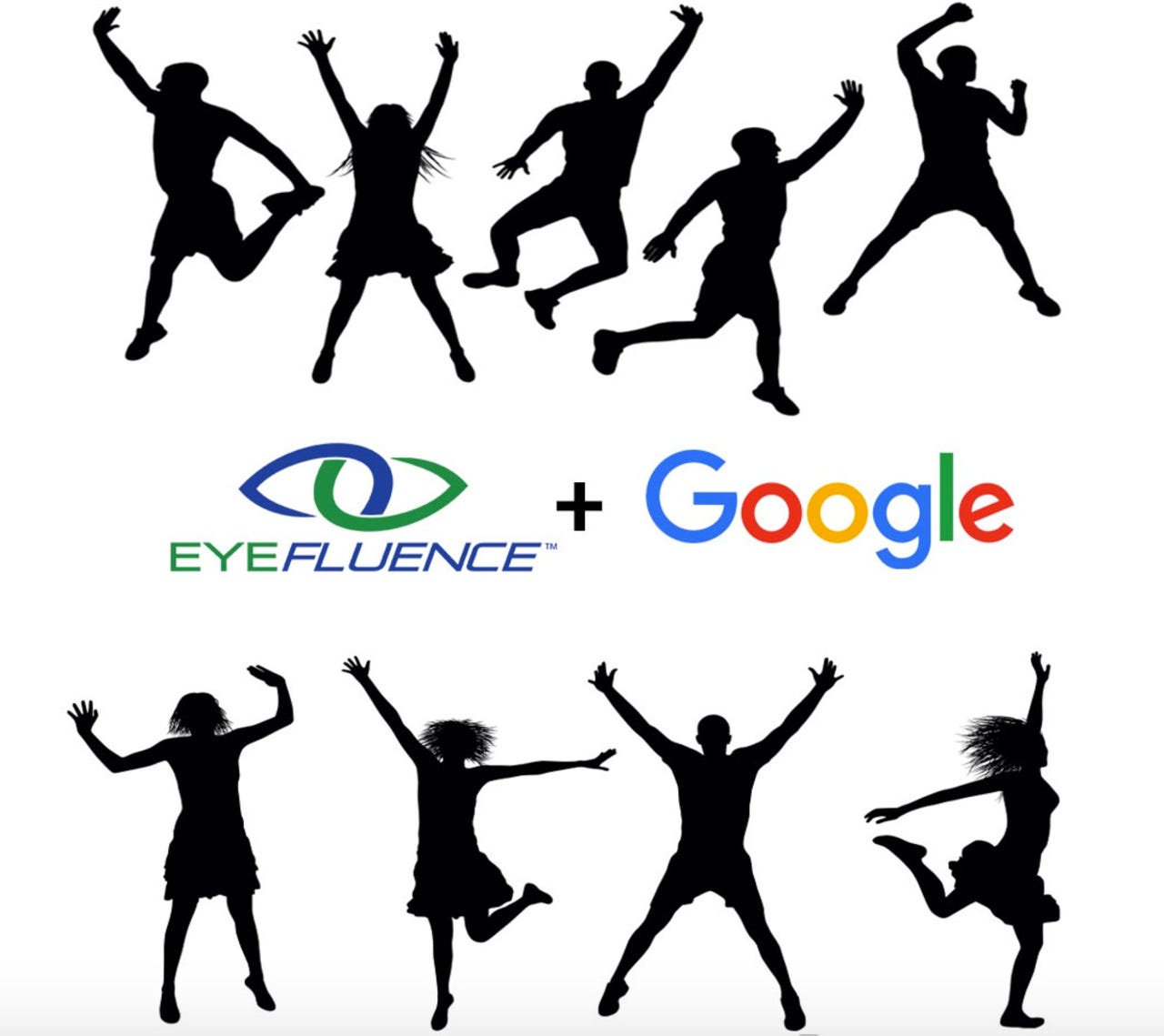Google buys Eyefluence to track where you're looking


Google has snapped up Eyefluence, a startup focused on developing eye-tracking technology.
As first spotted by Mattermark, Eyefluence quietly announced the purchase on Monday. On the Milpitas, CA-based firm's blog, Eyefluence thanked its partners, investors and advisors for getting the company this far on its town, but since becoming established in 2013, the firm has caught Google's eye.
Eyefluence develops applications for use in the virtual and augmented reality fields with a particular bent towards eye-tracking software.
Financial terms of the deal were not disclosed, neither were any details relating to how the company will now operate or whether employees will be merged with Google's own research teams. There is also the possibility that Eyefluence's patent portfolio was the main shunt of the buyout.
Google is on the verge of launching the Daydream View virtual reality headset which will be available in November for $79. The device is cheaper than most alternatives and may bring VR apps to the mainstream -- but to stay competitive, all areas of virtual reality need to be considered during future VR product development, which includes eye-tracking and monitoring software alongside gesture controls.
See also: Gallery: Daydream View is Google's first VR headset
"Over the last three and a half years we have built an incredible team, advanced our eye-interaction technology, and created strong partnerships that have lead to the development of a completely new language for eye-interaction," the company says. "With our forces combined, we will continue to advance eye-interaction technology to expand human potential and empathy on an even larger scale."
Eyefluence has raised a total of $21.6 million in two funding rounds. Investors include Intel Capital and Motorola Solutions Venture Capital.
ZDNet has reached out to Google and will update if we hear back.